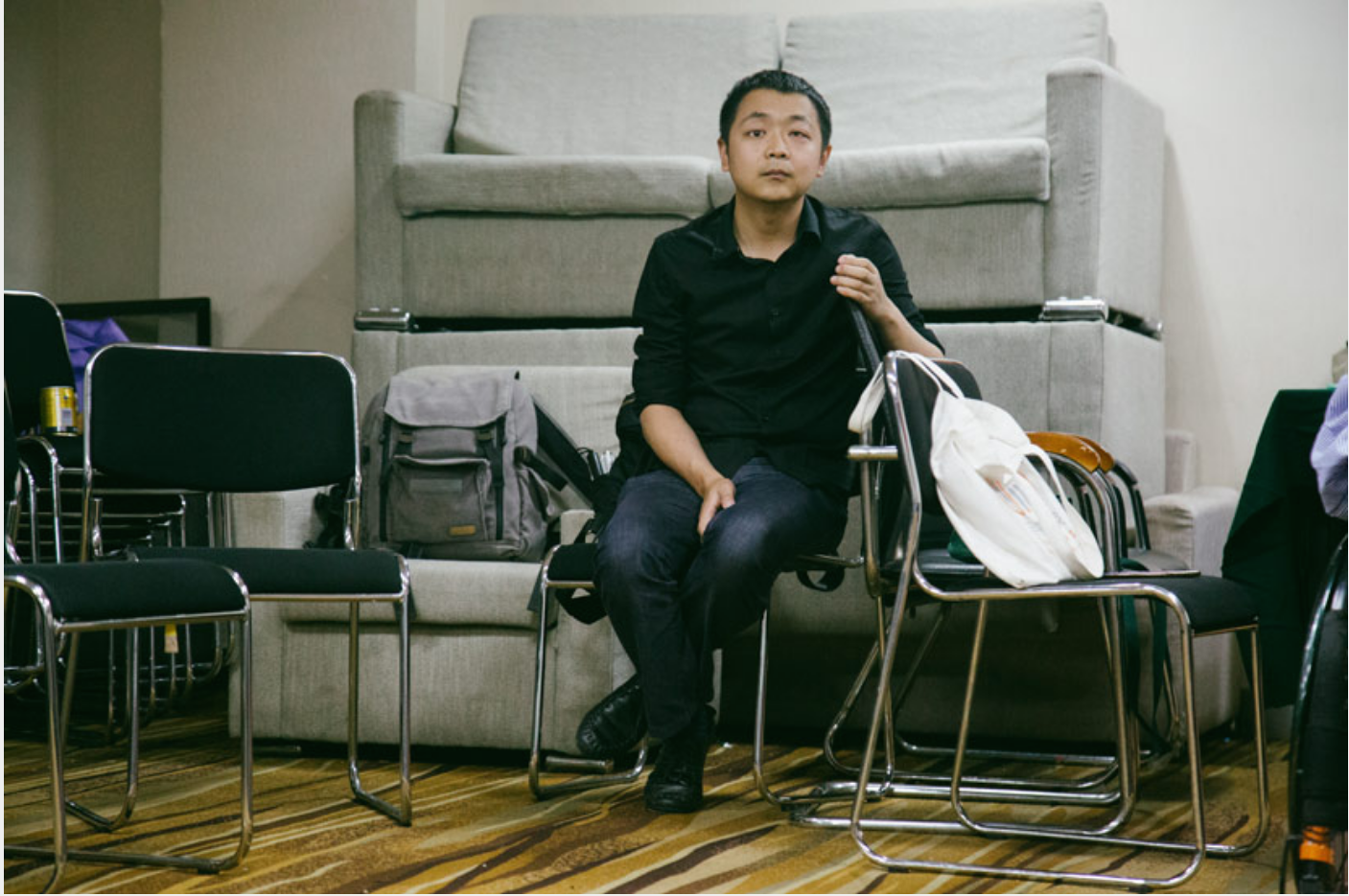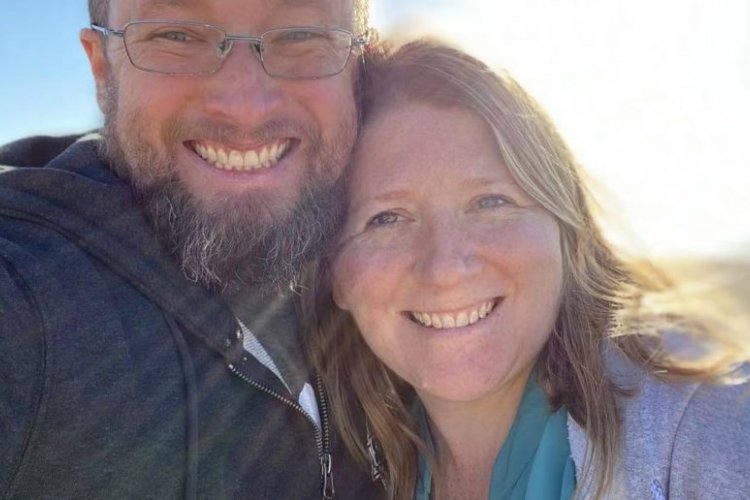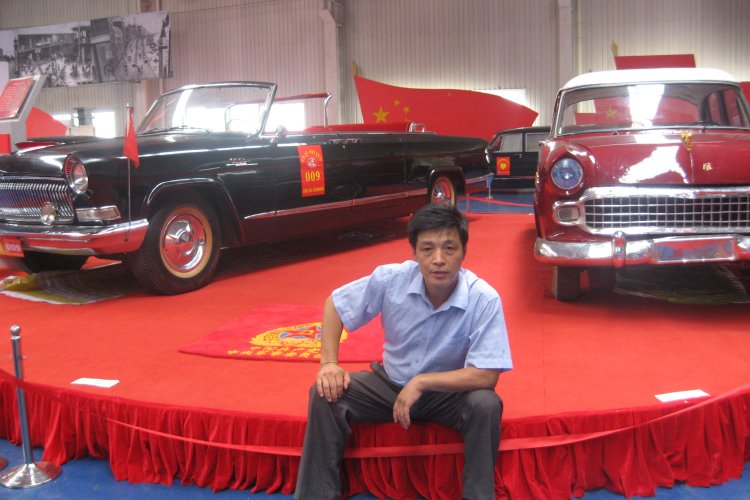One Man's Vision: Cai Cong on Business, Fatherhood, and Disability
More than 85 million people in China identify as living with disabilities, according to the 2010 National Sample Survey on Disability. Sadly, only 1 percent of those disabled citizens have received higher education, as opposed to 40 percent for non-disabled Chinese. Meanwhile, as of 2017, there are 12.6 million visually impaired people in China. The majority of them become blind masseurs, fortune tellers, or panhandlers due to the limited education available or the acceptance of their “fate”.
However, there are some fighting for the dreams of China's visually impaired. Chief among them: Cai Cong. The visually impaired activist gained notoriety by declaring “Not every blind person should be a masseur”, in a video about disability broadcast during the 2008 Beijing Olympic Games.
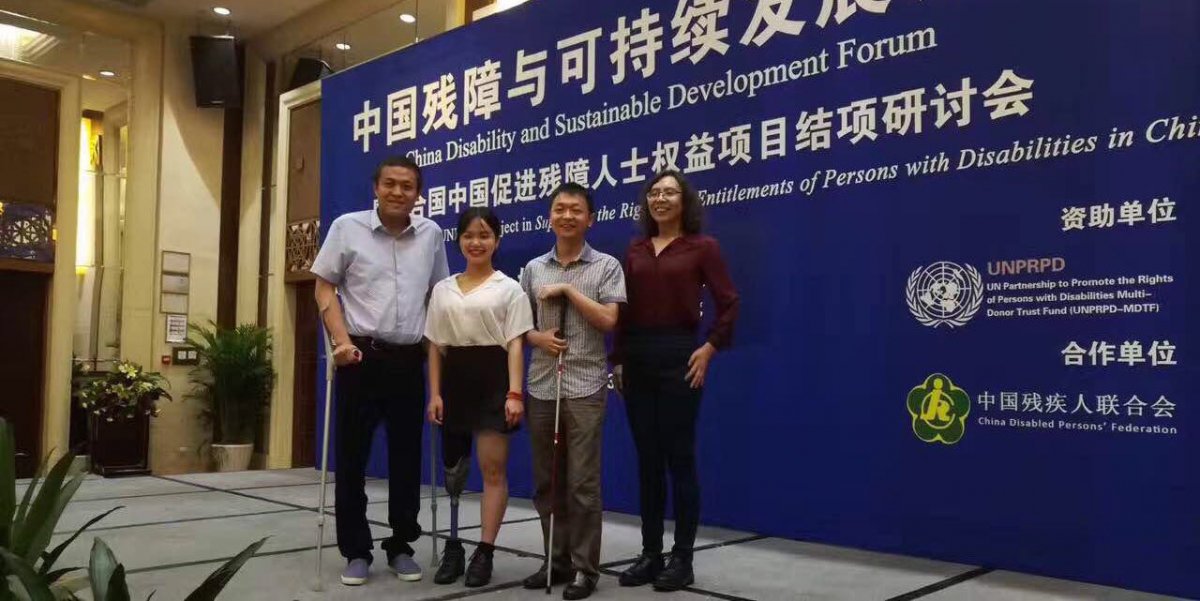
Cai began a new career an IT software tester two years after his Olympic appearance and has shown no signs of stopping since. In 2013, he founded Someone Magazine under the One Plus One Group for the disabled community. Then he became one of the most celebrated guests on the popular talk show Qipa Show (qípā shuō, 奇葩说). Now, Cai helps other visually impaired people find more paths and opportunities in life.
Cai took a moment from those numerous noble endeavors to tell beijingkids about his career, parenthood and building a better life for the marginalized.
What motivated you to start Someone Magazine?
We hope to create a platform to let disabled people share their opinions, resolve misunderstandings, and raise awareness about the rights of the disabled. We want to have a magazine that features stories from the perspective of disabled people. Before we focused more on creating an audio channel for the visually impaired, which we still have now. But it’s not enough, because we also want to let people that aren’t disabled know how we live, in an in-depth fashion instead of letting them imagine it. Many blind people don’t want to go out because society doesn’t really understand how we live, making us feel like an invisible group, and affecting our confidence. But if people treat us normally, it will be better.
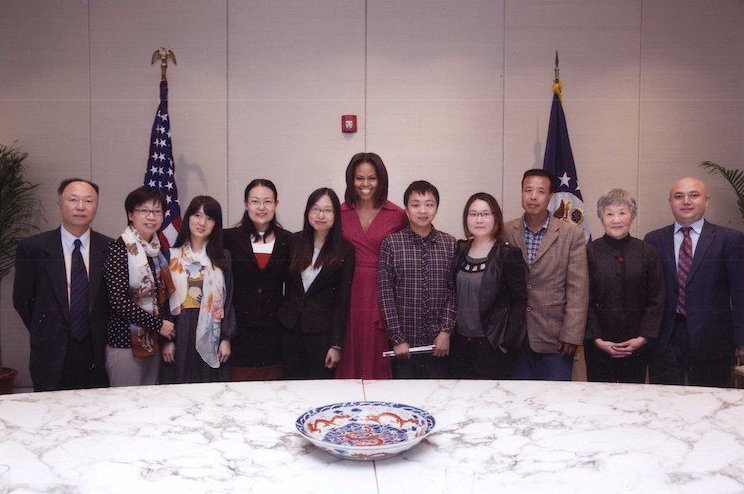
What’s the relationship between Someone Magazine and One Plus One (OPO) Group for Disability community?
OPO gave birth to Someone Magazine. OPO tries to prove that disabled persons are not “good-for-nothing” but rather have creativity and value. In the past decade, OPO has blazed a pioneering path, created a precedent for China’s alignment with the international community in terms of disability affairs, and propelling gradual change for disabled people in China. We offer several ways to help the disabled: a public education center, media production center, disabled persons’ organizations (DPO) development support, and a social enterprise development center.
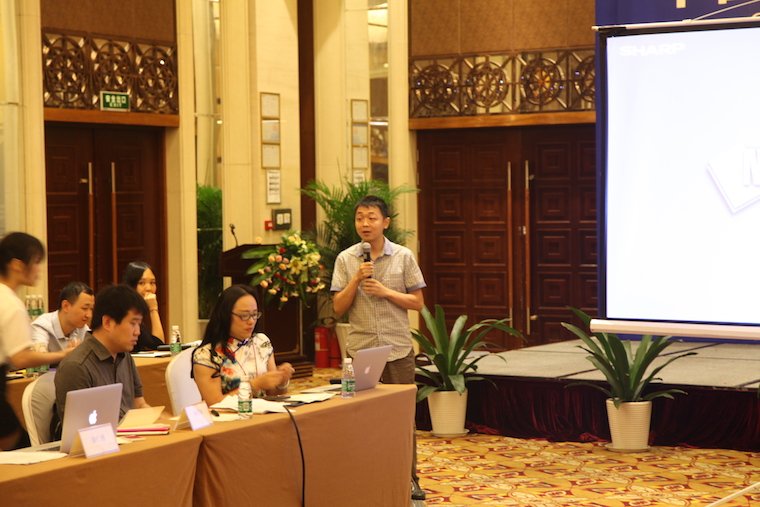
Tell us some specific stories about these centers that assist disabled people.
Actually, there are a lot of stories, especially about those who have specific skills in IT, or even in the law, who want to do more things.
For example, in our group, we’ve supported a guy with a dream to be a lawyer. Jin Xi was the first blind person in China to undertake a law degree at a regular university. Since graduating in 2016 he has interned and worked at a law firm, thus becoming the first fully qualified blind lawyer of China. He is currently pursuing his Ph.D. at the Soo Chow University Taiwan. He has represented various people with disabilities and intends to promote rights for people with disabilities.
Another example is that we have suggested the government set policies that will allow blind people to take the Gaokao (China’s college entrance examination). In addition, we collaborated with Renmin University Law School and Harvard Law School to further protect the rights and interests of the disabled. From there, they established the first legal clinic for the disabled in China and created a forum for disabled people’s rights and protection.

How have you addressed some of society’s questions regarding your ability to be a father?
Before we planned to have children, my wife and I were questioned by the people around us. We are both visually impaired so people were worried that our children would inherit the disability from us. They felt that even if the child was born with normal vision, he or she would face considerable social prejudice. We discussed this topic extensively and reviewed the philosophical and psychological implications of either choice.
In the end, we still decided to have a child. There are all kinds of problems in life, so why should being visually impaired be the biggest problem? It all depends on one’s attitude. Children think they are normal until people keep telling them that they aren’t because they can’t see, and tell them they are pathetic. So, as a dad, I will just encourage my daughter to strive for her dream no matter what.
READ: The Bethel Diaries: Why Words Matter in Caring For the Blind
The article originally appeared on our sister site, beijingkids. Read more of their coverage on disability and inclusion here.
Photos: Wu Huiyuan (Sixth Tone), China Plus, courtesy of Cai Cong

